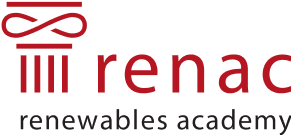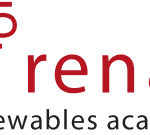Esta web utiliza cookies para que podamos ofrecerte la mejor experiencia de usuario posible. La información de las cookies se almacena en tu navegador y realiza funciones tales como reconocerte cuando vuelves a nuestra web o ayudar a nuestro equipo a comprender qué secciones de la web encuentras más interesantes y útiles.
Proyectos
Filter and search
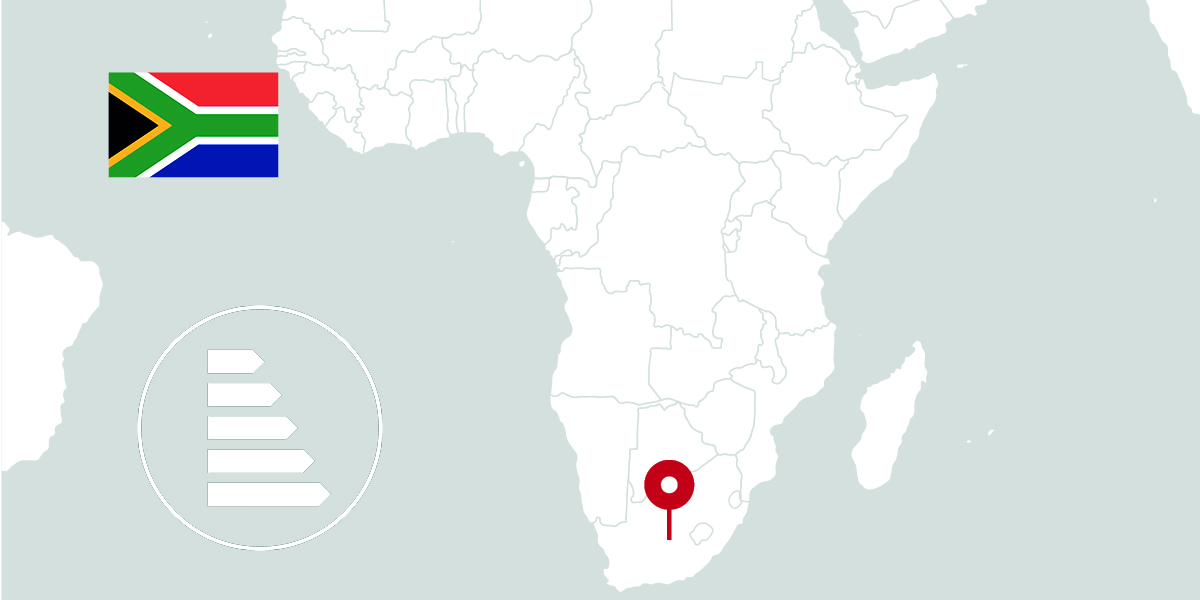

Cliente
Servicios
Antecedentes
La Corporación Financiera Internacional (CFI) es un inversionista y asesor que apoya el crecimiento económico sostenible en los países en desarrollo mediante la realización de inversiones en el sector privado, la movilización de capital en los mercados financieros internacionales y la prestación de servicios de asesoramiento a empresas y gobiernos.
El programa Scaling Up Climate Finance through Greening the Financial Sector – también conocido como el programa 30 by 30 zero – es un programa de asistencia técnica financiado por el gobierno alemán y dirigido por la CFI, en colaboración con el Banco Mundial (BM) y las partes interesadas nacionales. Su objetivo es aprovechar el sector financiero de los países seleccionados para aumentar considerablemente el financiamiento del sector privado para proyectos de mitigación y adaptación al cambio climático en línea con los objetivos de sus Contribuciones Determinadas a Nivel Nacional (NDC). El programa se está aplicando en Egipto, México, Filipinas y Sudáfrica, de 2021 a 2027. El nombre abreviado del programa refleja la aspiración de aumentar los préstamos climáticos de los bancos (hasta cerca del 30% de su cartera en 2030) y reducir su exposición al carbón, gestionando al mismo tiempo los riesgos relacionados con el clima. El programa tiene previsto colaborar con un banco asociado de Sudáfrica para apoyar la formación y el desarrollo de capacidades del personal de los bancos en el financiamiento de edificios ecológicos, eficiencia energética y eficiencia en el uso de los recursos.
La CFI está buscando los servicios de una empresa para impartir esta formación.
Grupos destinatarios
Países destinatarios
Fechas
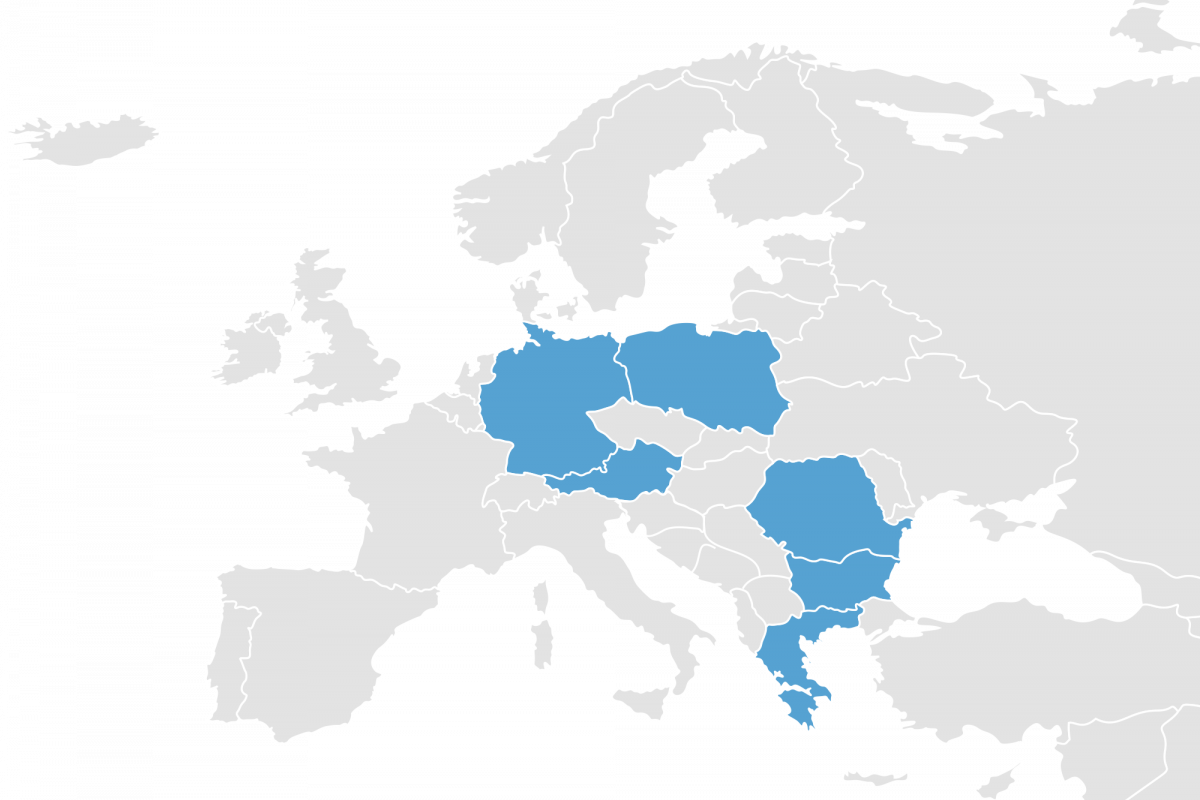



Cliente
Servicios
Antecedentes
Se espera que la descarbonización de la UE-27 provoque la pérdida de unos 76 000 puestos de trabajo en minas y plantas de carbón hasta 2025 (154 000 hasta 2030). Se verán especialmente afectados los países asociados (GR, DE, AT, RO, BG, PL), que actualmente representan el 81% del total de la mano de obra del carbón de la UE (190 000). Al mismo tiempo, ya se está produciendo un aumento de puestos de trabajo en el sector de las fuentes de energía renovables (FER) y se espera que continúe y quizás crezca.
Grupos destinatarios
Países destinatarios
Fechas
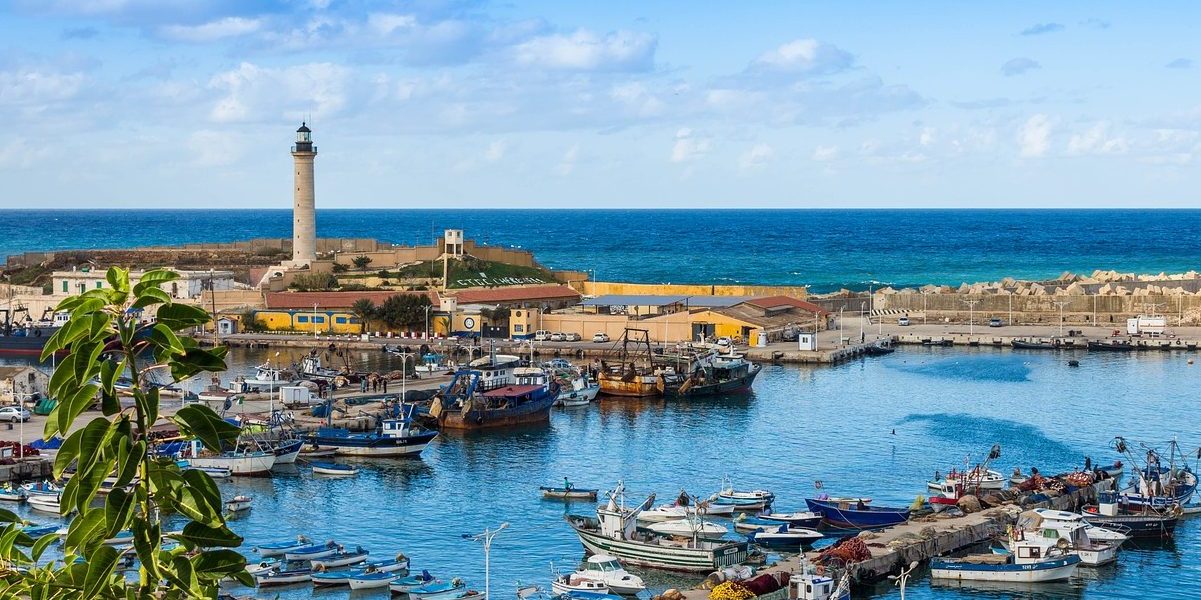

Cliente
Servicios
Grupos destinatarios
Países destinatarios
Fechas

Cliente
Servicios
Antecedentes
GPE NET is a two-year Master program in English, offered by the TU Berlin. The degree program offers comprehensive qualification in renewable energy technologies such as photovoltaics, solar thermal systems, wind energy, hydro power, bio energy and geo thermal systems. The major aims to prepare its students for the challenges of the booming renewable energies markets. The course of studies is oriented around the requirements in commercial practice and takes all steps of the value-creating process into account; from production of renewable energies components, planning /installation and operation of renewable power generation facilities, up to management, financing, law and marketing aspects of the renewables industry.
This research-oriented education with its semi-practical application in labs, the mandatory internship and the preparation and writing of the master thesis allow students to get an early start on assuming tasks bearing responsibility and prepare them for a fruitful future career in the industry.
GPE currently offers two majors: Manufacturing and Solar Technology. The Manufacturing major was introduced at the beginning of the GPE program in 1998. The Solar Technology was founded in 2007 as a way of developing technological potential in this area of international engineering education. The strong connection between the solar industry and the research institutes in the regions of Berlin and Brandenburg brings theory and practice together in one place.
The degree program GPE NET, is directed at engineers with a B.Sc., who are to occupy leadership positions in global renewable energy enterprises, specifically in the areas of production, management or engineering.
Grupos destinatarios
Fechas
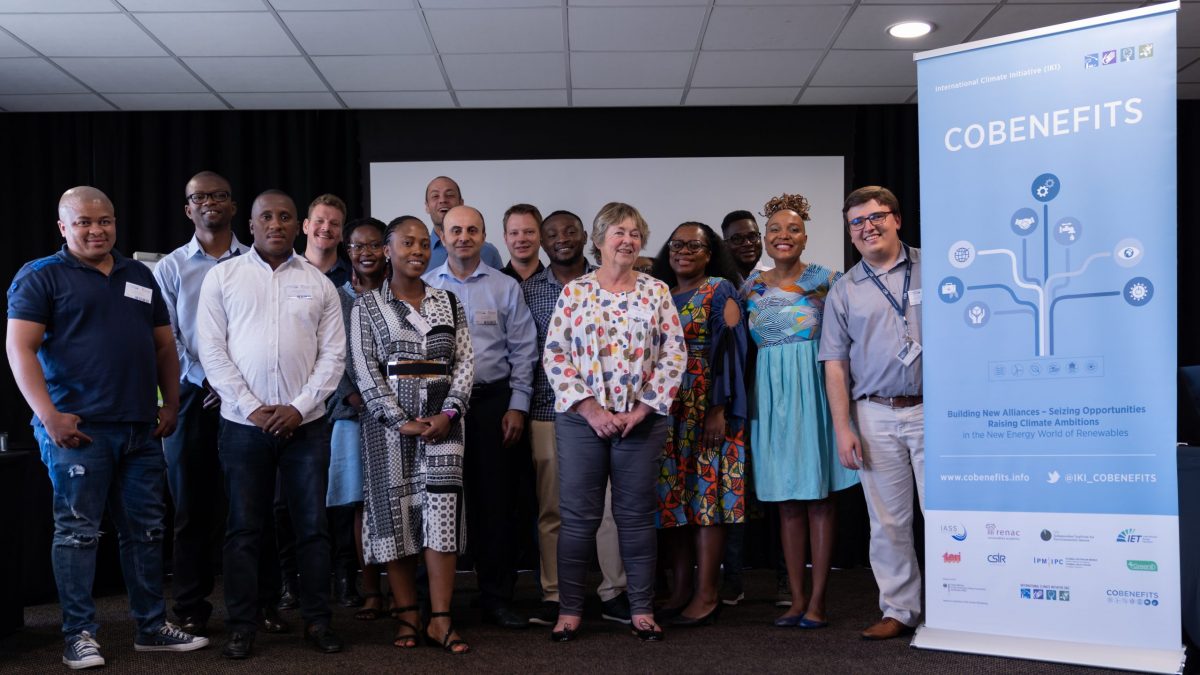

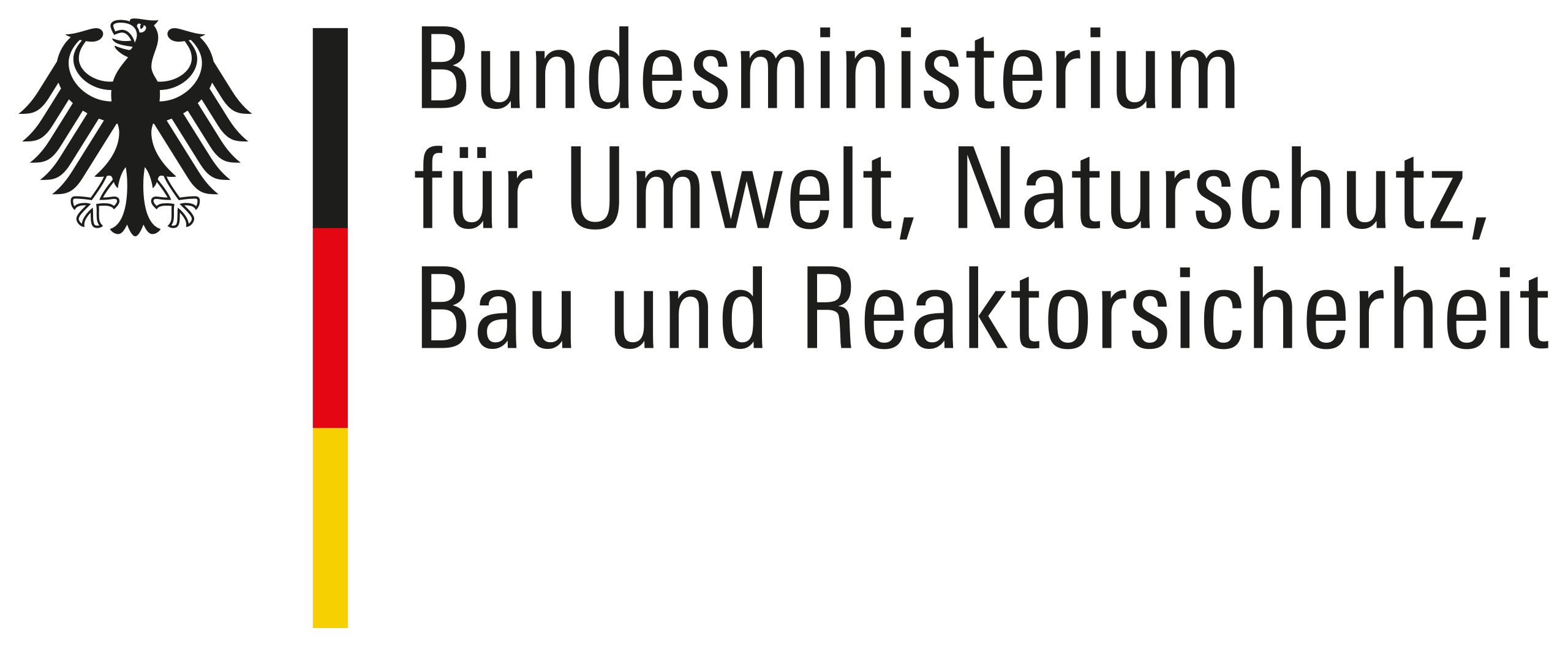
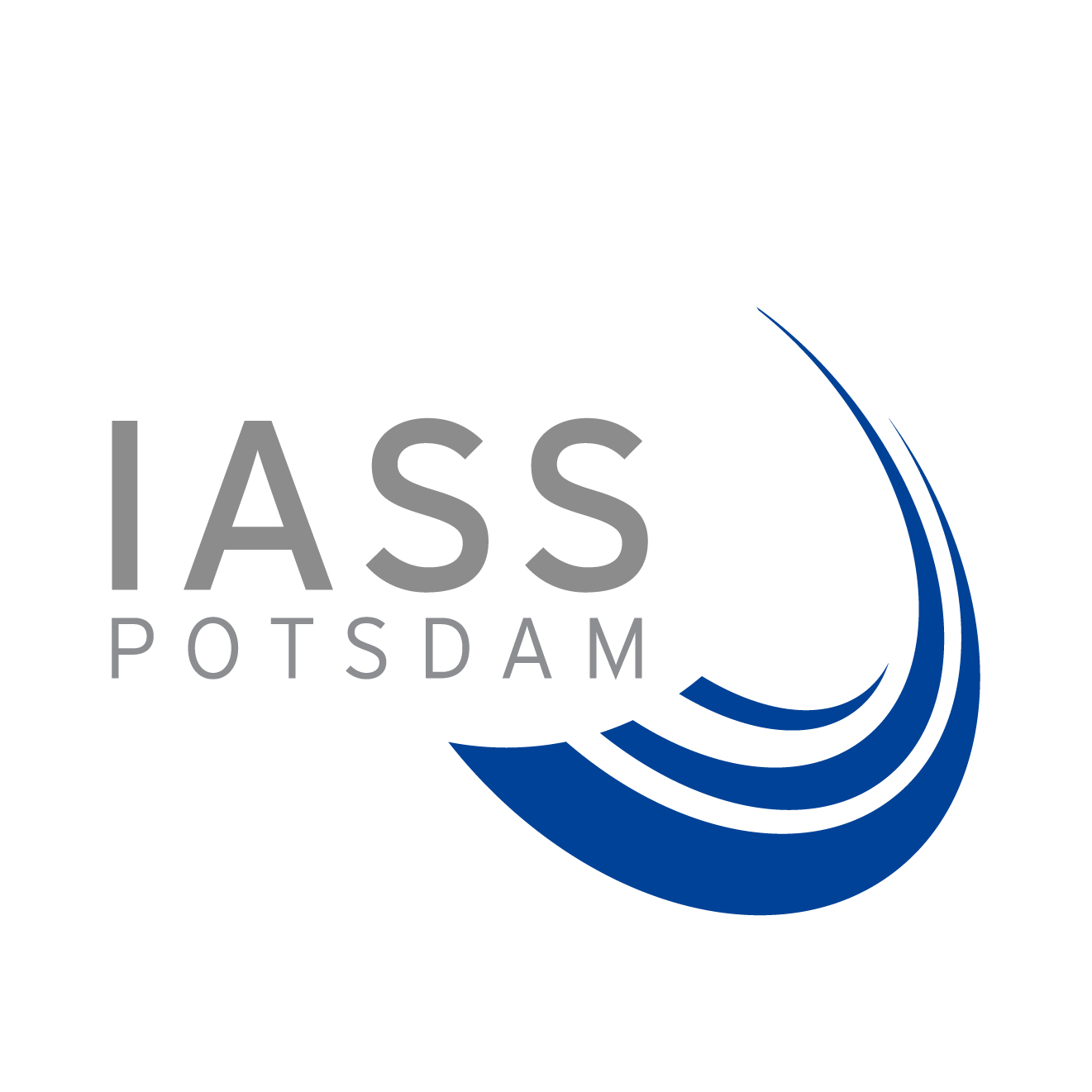
Cliente
Servicios
Antecedentes
Climate and energy policies in the target countries are currently at the crossroads – major investments particularly in coal power capacities would create and deepen path-dependencies for decades to come. At the same time, climate and energy policies in the target countries are increasingly considering renewable energy production to meet domestic energy demand, opening up a door to reconcile national development and climate strategies. The project strengthened public policy institutions in the target countries in their ability to advise their ministerial clients on the co-benefits of renewable power generation, in order to spur ambitious as well as effective INDC implementation. Climate protection measures were largely discussed in the light of “burden sharing” whereas important benefits – such as for local value creation, employment, health, water use, energy access, and energy security – were frequently overlooked. In collaboration with national knowledge partners, the project elaborated country-specific co-benefits of climate policies, with emphasis on the opportunities presented by renewable power generation. COBENEFITS linked these potentials to mitigation strategies and measures in the target countries. COBENEFITS enabled international mutual learning and capacity building among policymakers, knowledge partners, and multipliers on enabling environments to seize the co-benefits of climate change mitigation.
Grupos destinatarios
Países destinatarios
Fechas
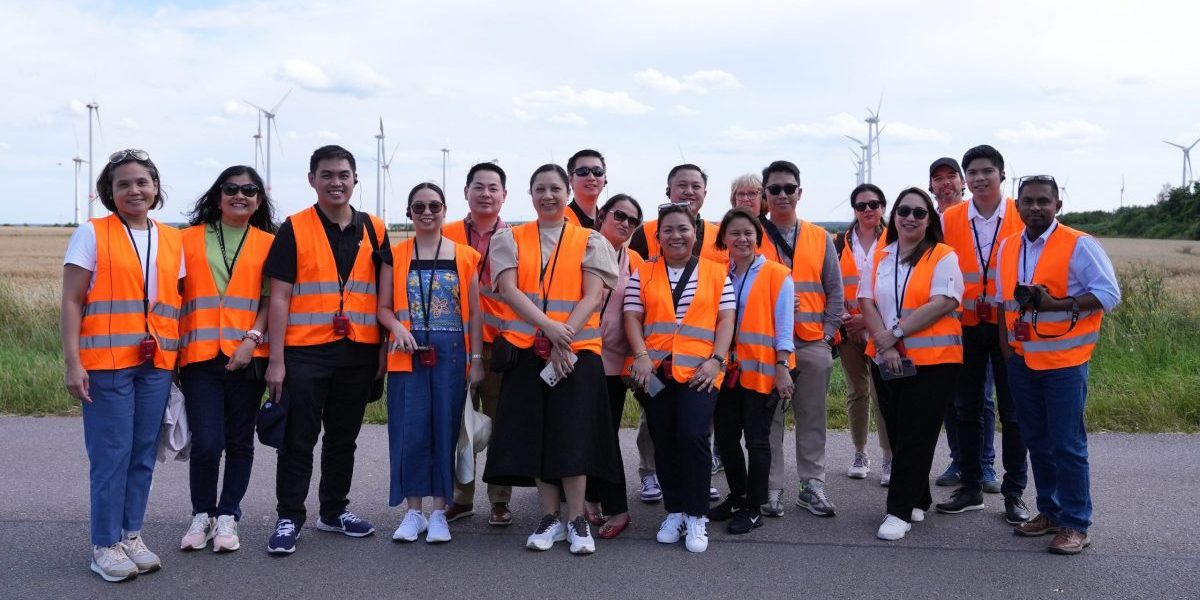

Cliente
Servicios
Antecedentes
The Green for Growth Fund, Southeast Europe (GGF) Technical Assistance Facility (TAF) was contracted RENAC to train financial institutions (FI) in Southeastern Europe and the MENA region on Green Finance within an annual Green Finance Expert Training Program.
Grupos destinatarios
Fechas

Cliente
Servicios
Grupos destinatarios
Países destinatarios
Fechas

Cliente
Servicios
Grupos destinatarios
Países destinatarios
Fechas
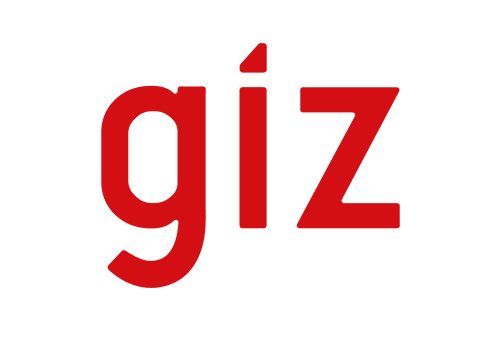
Cliente
Servicios
Antecedentes
This capacity needs assessment mapped out the existing individual and institutional capacities, identified the specific gaps that needed to be addressed, and developed the relevant capacity development strategy for the short and medium term. The capacity building strategy aligned with the country’s PtX and green hydrogen roadmap and strategy as developed. It built on an initial rapid capacity needs assessment for PtX and green hydrogen in Kenya that was carried out between January and February 2021 by the GHWG. It focused on identifying the immediate/priority needs at institutional and system levels in the short term. It also mapped out a preliminary list of keys, primary, and secondary stakeholders. Feedback from this initial assessment served as a good foundation for a detailed capacity needs assessment that was expected to, among other things, identify the individual needs required to support the technologies development in the country in the short and medium terms, leverage on the outcome of a baseline study recently commissioned by the MoE to prioritize activities, draw on experience and case studies from other countries/regions at an advanced stage of the technologies development, and inform the development of a medium-term capacity building strategy.
Grupos destinatarios
Países destinatarios
Fechas
© 2024 | Renewables Academy (RENAC) AG
